Introduction of the ebook: Persuasion
Đánh giá : 4.14 /5 (sao)
Persuasion is Jane Austen’s last completed novel. She began it soon after she had finished Emma, completing it in August 1816. She died, aged 41, in 1817; Persuasion was published in December that year (but dated 1818). Persuasion is linked to Northanger Abbey not only by the fact that the two books were originally bound up in one volume and published together, but also be Persuasion is Jane Austen’s last completed novel. She began it soon after she had finished Emma, completing it in August 1816. She died, aged 41, in 1817; Persuasion was published in December that year (but dated 1818). Persuasion is linked to Northanger Abbey not only by the fact that the two books were originally bound up in one volume and published together, but also because both stories are set partly in Bath, a fashionable city with which Austen was well acquainted, having lived there from 1801 to 1805. Besides the theme of persuasion, the novel evokes other topics, such as the Royal Navy, in which two of Jane Austen’s brothers ultimately rose to the rank of admiral. As in Northanger Abbey, the superficial social life of Bath-well known to Austen, who spent several relatively unhappy and unproductive years there-is portrayed extensively and serves as a setting for the second half of the book. In many respects Persuasion marks a break with Austen’s previous works, both in the more biting, even irritable satire directed at some of the novel’s characters and in the regretful, resigned outlook of its otherwise admirable heroine, Anne Elliot, in the first part of the story. Against this is set the energy and appeal of the Royal Navy, which symbolises for Anne and the reader the possibility of a more outgoing, engaged, and fulfilling life, and it is this worldview which triumphs for the most part at the end of the novel. …more
Review ebook Persuasion
One of the major sources of contention and strife in my marriage is the disagreement between my wife and me over what is the best Jane Austen novel (yes, we are both more than a bit geekish in our love of words and literature–our second biggest ongoing quarrel is about the merits of the serial comma).
For my money, there are three of Austen’s six finished novels that one can make a good argument for being her “best”:
“Pride and Prejudice” (the popular choice, and my wife’s)
“Emma” (the educated One of the major sources of contention and strife in my marriage is the disagreement between my wife and me over what is the best Jane Austen novel (yes, we are both more than a bit geekish in our love of words and literature–our second biggest ongoing quarrel is about the merits of the serial comma).
For my money, there are three of Austen’s six finished novels that one can make a good argument for being her “best”:
“Pride and Prejudice” (the popular choice, and my wife’s)
“Emma” (the educated choice–most lit profs go with this one)
“Persuasion” (the truly refined choice)
Harrold Bloom in “The Western Canon” calls it perhaps a “perfect novel,” and while I disagree with some of his interpretations of the characters (yes, blasphemy, I know), I wholeheartedly concur with his overal assessment.
While all of Austen’s novels are generally comic, “Persuasion” is the most nuanced. It’s been described as “autumnal” and that word suits it. There’s a bittersweetness to it that you just don’t get in Austen’s other work.
The novel it comes closest to in terms of character and plot is probably one of her earliest novels “Sense and Sensibility.” Like Eleanor in that novel, Anne is older and more mature than the typical Austen heroine. In fact, she’s dangerously close to being “over the hill” at the age of 27(!). Love has passed her by, apparently.
But unlike Eleanor, who one always feels will muddle through even if she ends up disappointed in affairs of the heart, there’s something more dramatically at stake with Anne. She is in great danger of ceasing to exist, not physically, but socially. When we meet her, she’s barely there at all. Although a woman of strong feelings, she is ignored and literally overlooked by most of the other characters. In the universe of Austen’s novels, the individual doesn’t truly exist unless connected with the social world, and while Anne has a stoic strength, we understand that she is in some senses doomed if things don’t change for her.
This is where we see what the mature Austen can do with a character type that she couldn’t when she was younger.
This edition also has the original ending of the novel included as an appendix, which gives us a rare and fascinating look in to Austen as a technical artist.
I read this novel as an undergraduate, and have reread it several times since. I even took the novel with me to Bath on a trip to England, and spent a wonderful summer evening reading it while sitting in Sidney Gardens, across the street from one of the homes Austen lived in during her time in Bath, listening to Mozart’s Piano Concerto #27. It’s one of my favorite memories.
More than any other of her novels, “Persuasion” shows how Austen dealt with profound existential questions within the confines of her deceptively limited setting and cast of characters. Those who think Austen is simply a highbrow precursor to contemporary romance novels or social comedies are missing the colossal depth of thought that is beneath the surface of any of her novels, this one most of all.
Austen is nearly unique in the history of the novel for the consistency of her excellence. While most novelists have a clear masterpiece that stands out among their work, and usually a fairly sizable number of works that are adequate but not enduring, all of Austen’s novels stand up to repeated readings and deserve a wide audience among today’s readers.
Having said that, “Persuasion” is simply the best of the best.
…more


 Đang tải dữ liệu
Đang tải dữ liệu

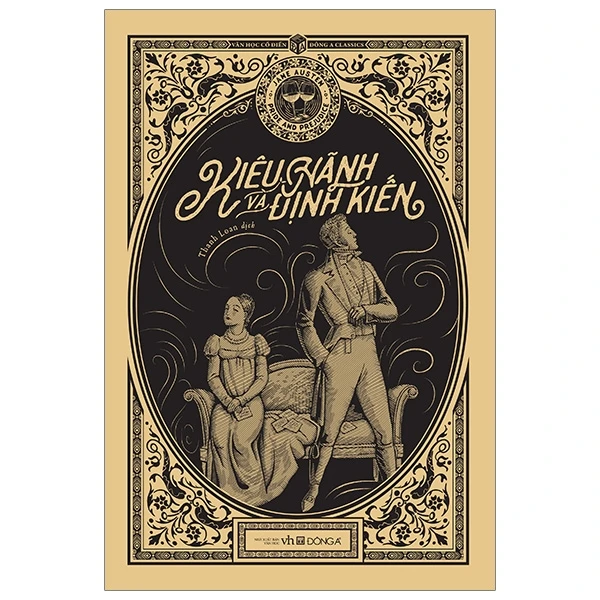
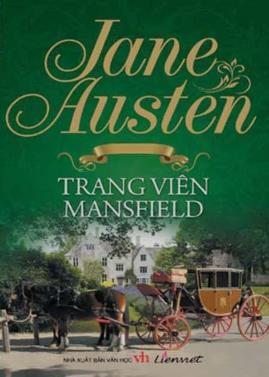



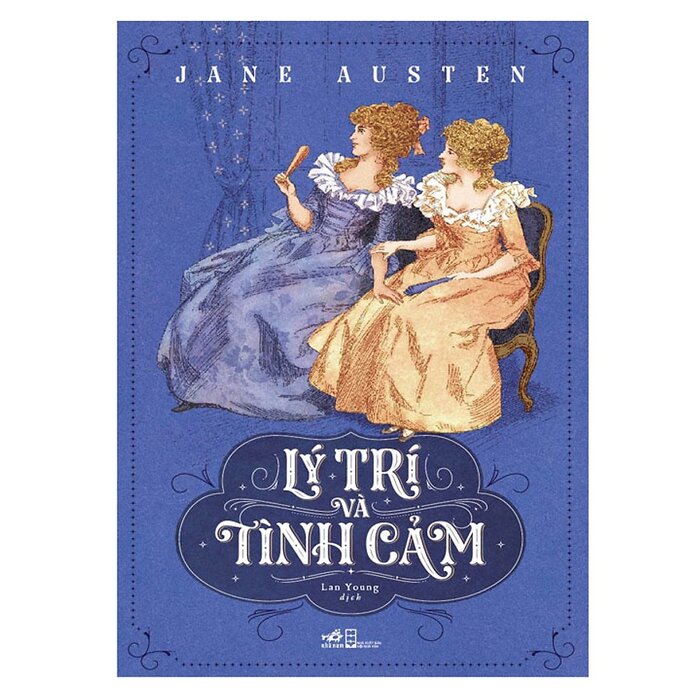
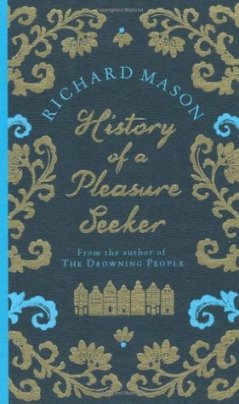


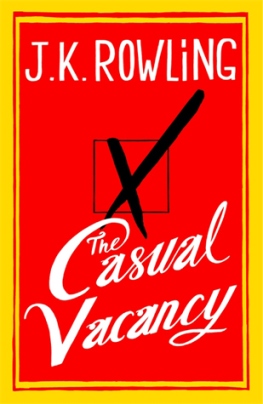

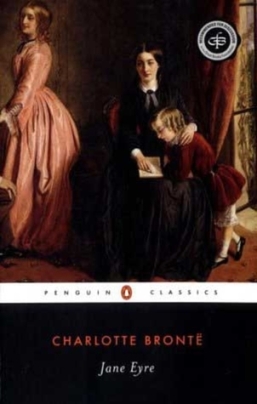
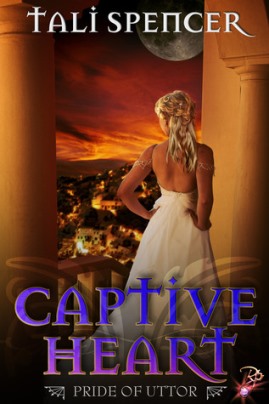

Chia sẻ ý kiến của bạn